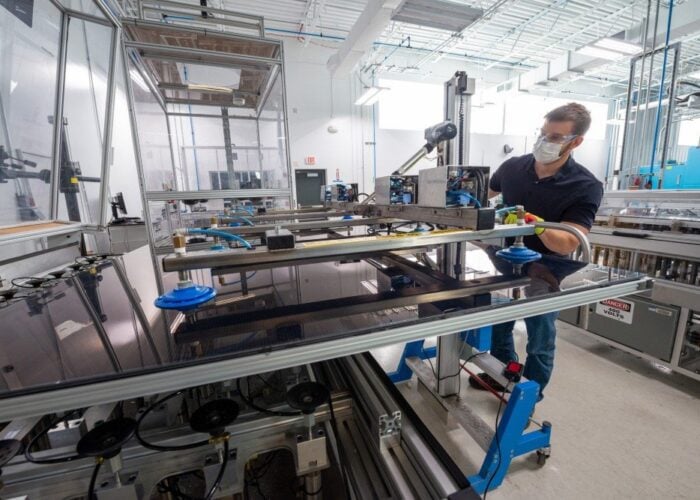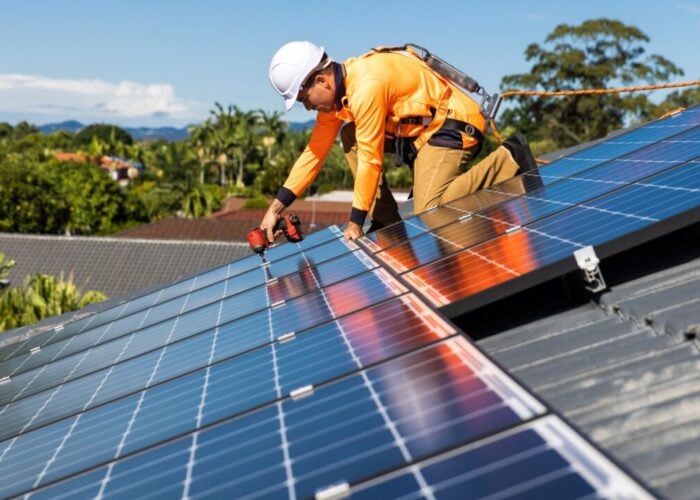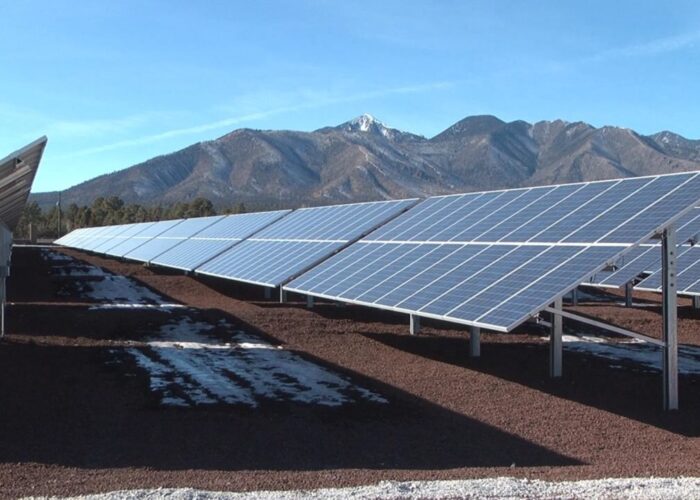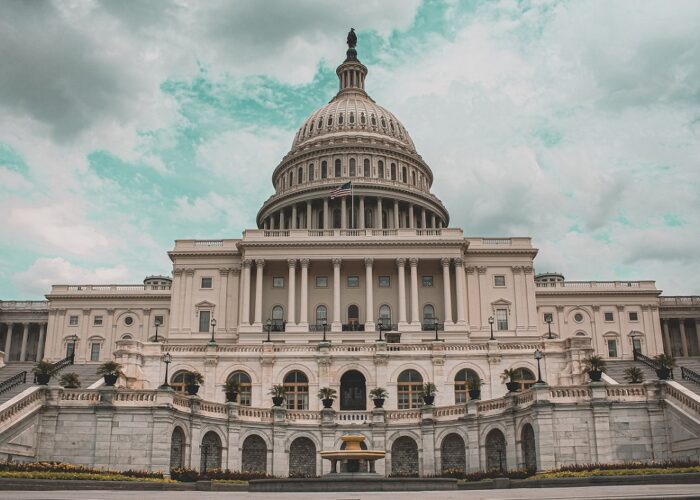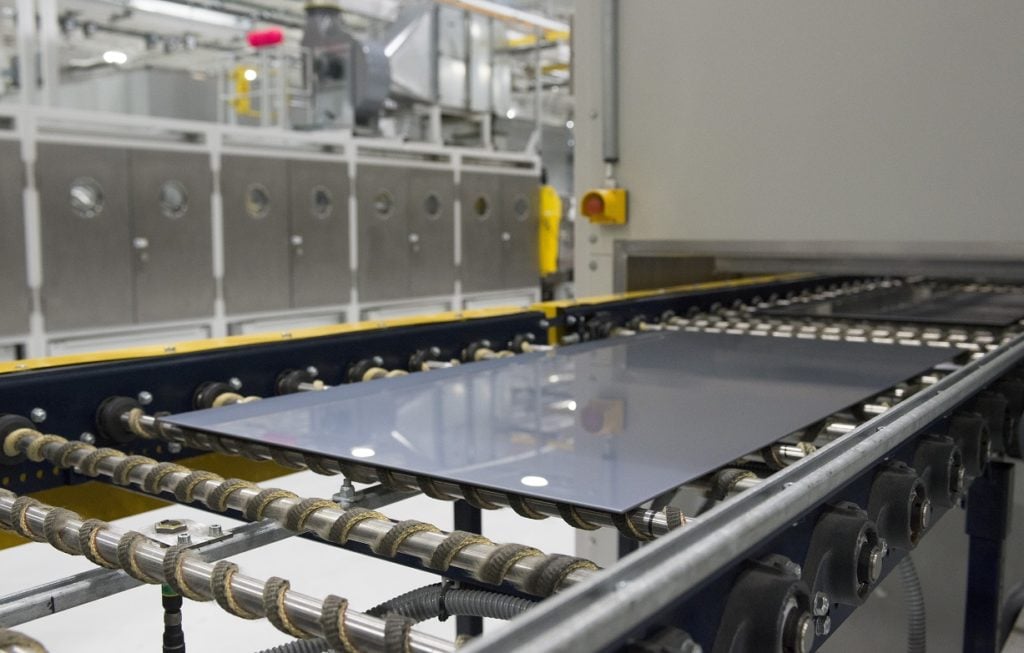
The Solar Energy Industries Association (SEIA) has urged the Biden Administration to phase out the Section 201 tariffs on certain crystalline silicon PV cells from China ahead of a US International Trade Commission (USITC) hearing this week.
In a prehearing briefing, SEIA said the tariffs had “caused more harm than good”, have not improved the competitiveness of US manufacturing and have cost the US solar industry more than 30,000 jobs.
Unlock unlimited access for 12 whole months of distinctive global analysis
Photovoltaics International is now included.
- Regular insight and analysis of the industry’s biggest developments
- In-depth interviews with the industry’s leading figures
- Unlimited digital access to the PV Tech Power journal catalogue
- Unlimited digital access to the Photovoltaics International journal catalogue
- Access to more than 1,000 technical papers
- Discounts on Solar Media’s portfolio of events, in-person and virtual
On Wednesday (3 November), the USITC will hear arguments on the effectiveness of the tariffs before making a recommendation to President Biden on whether to extend, change or phase out the tariffs.
Section 201 was imposed by President Trump in January 2018, with the stated goal of strengthening US solar manufacturing. SEIA said the tariffs “have only produced marginal investments in domestic module assembly facilities that fall well short of the capacity needed to serve US demand”.
The tariffs were introduced at a rate of 30%, declining by five percentage points each year for four years. However, then-President Trump issued a proclamation last October that imposed the safeguard duties on previously excluded bifacial panels and increased the tariff rate from 15% to 18% for its fourth year (2021).
In 2019, the World Trade Organisation (WTO) rejected a challenge by China that claimed the measures broke global trade rules. China has since appealed that decision.
The tariffs are due to end in February 2022 and SEIA president and CEO Abigail Hopper said any extension “would be yet another barrier to clean energy deployment and will undermine any hope we have to mitigate this crisis”.
“The U.S. has collected US$2.6 billion in Section 201 solar tariffs, but not one cent of that helped the domestic manufacturing industry,” added Hopper.
SEIA had previously called on President Biden to scrap the tariffs but is now calling for a phased out approach, warning against any extension.
In its US Solar Market Insight report, published alongside Wood Mackenzie last week, SEIA said the potential for expanded and extended tariffs, in addition to supply chain constraints and the US government’s withhold release order, “pose downside risks to near-term growth” of the country’s solar sector.
Instead, it has called for increased federal investment to support US solar manufacturing, such as senator Jon Ossoff’s proposed Solar Energy Manufacturing for America Act (SEMA).
“We need a robust domestic manufacturing sector in the U.S., and smart policy solutions such as senator Ossoff’s tax credit for solar manufacturing will help us make the long-term investments needed to step up domestic production,” Hopper said.
Last month, five manufacturers with US operations – Auxin Solar, Suniva, Q CELLS USA, LG Electronics USA and Mission Solar Energy – filed two separate petitions to extend the tariffs.



